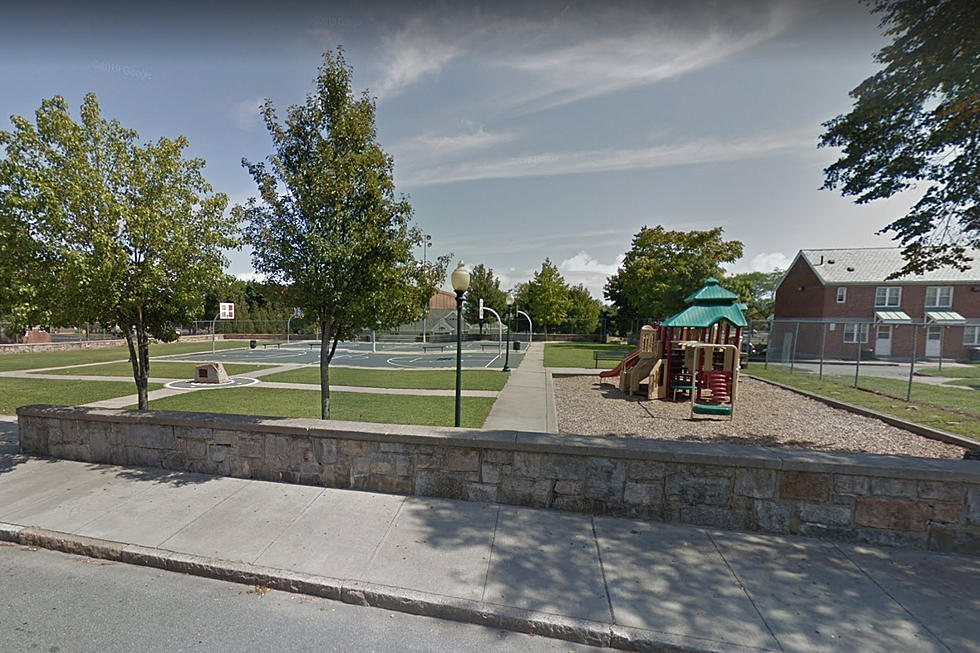
New Bedford Police Dept.’s Gentler Approach to People Suffering from Addiction
As the nation struggles to examine and redefine police work, there's a kinder, gentler approach to the way the New Bedford Police Department is handling people who are struggling with addiction.
The program is called L.E.A.D., which stands for Law Enforcement Assistance Diversion, and it has been funded by the federal government here in New Bedford since 2018.
The concept of L.E.A.D. is simple: rather than arresting, charging, and putting addicts in jail and clogging the court system for crimes like shoplifting, trespassing, or soliciting, New Bedford Police officers have the option to connect qualified suspects with the services at Seven Hills Behavioral.
This alternative to the traditional arrest accomplishes two things: it reduces the stigma and shame that can be very common with addicts, while also reducing the volume of cases being heard in already packed courtrooms.
"We meet them where they're at," said Sgt. Samuel Ortega, who heads up the L.E.A.D. program for the department. "It would be unrealistic for us to expect every one of these people to be ready for treatment immediately. It would be naive for us to think that if we told these people to get off of drugs that they'd quit the next day. We've got to get them to that point slowly."
The first step might be giving the individuals what are called "harm reduction supplies." These items might include things like Narcan or bleach cleaning kits that will allow addicts to better clean their used needles.
One of the most important factors for the success of the L.E.A.D. program here in New Bedford is the provision that the officers want to be kept in the loop.
"They want to hear about the progress," Ortega said.
Judging from the numbers provided by the New Bedford Police, the program has been a success. More than two years after the program's launch, 66 percent of the people that have entered the program have not been arrested again or called back to court for any reason.
Every officer on the New Bedford Police force has now received this special L.E.A.D. training to understand the process and recognize the people who may benefit from the program.
Ortega was honest. He said when the program was first launched, there was not immediate buy-in from many officers.
"In the beginning it was tough. It's taken time," he said. "Now that we're into year three, they're starting to see that it's positive and that it does work. There's been a cultural shift. They understand that we really are helping people."
KEEP READING: 15 Natural Ways to Improve Your Sleep

More From WFHN-FM/FUN 107









